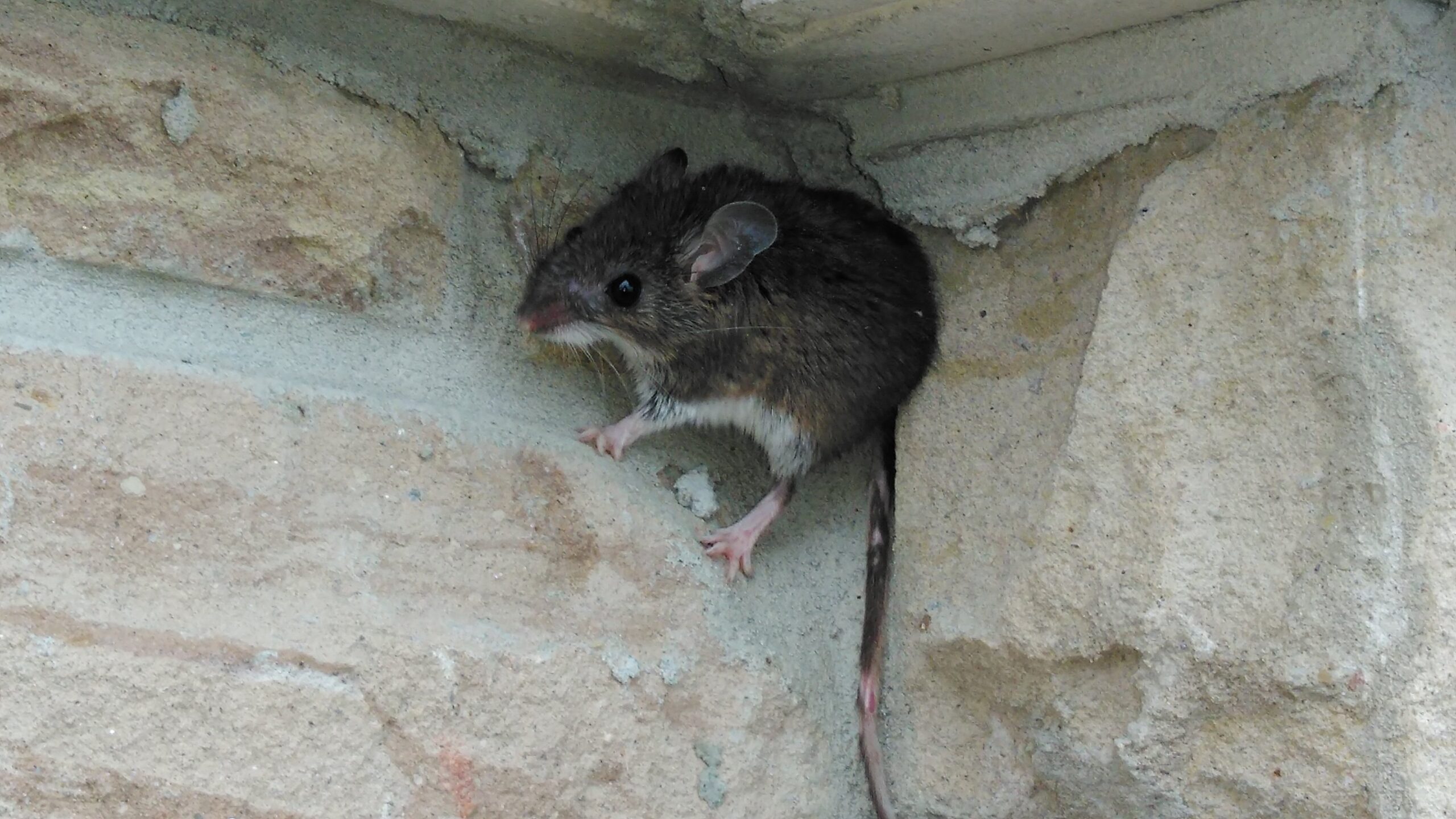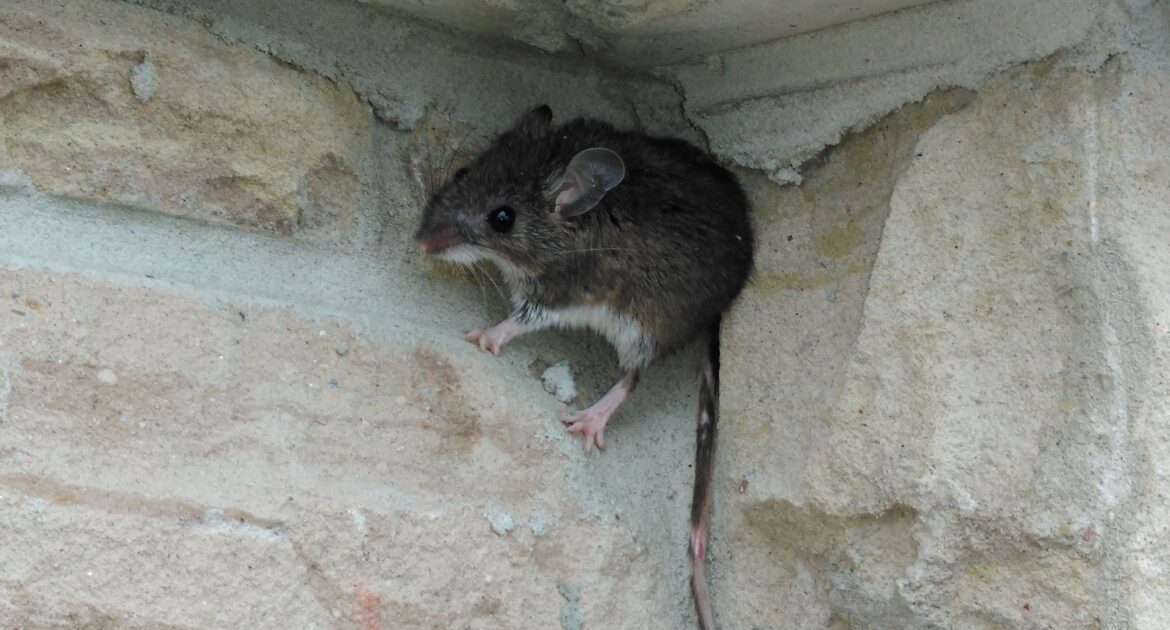When we think about wildlife control in Toronto, we often focus on common issues like mice entering homes, basements, or garages. However, there’s another surprising target that doesn’t get as much attention—your car.
Yes, vehicles can be just as appealing to these small animals as your attic or pantry. If you’re asking, “Will mice go away on their own?” or “How do I keep them out?”, it’s important to understand that mice can squeeze into tight spaces, and your car may be more vulnerable than you think.
So, what makes cars so attractive to mice? Vehicles provide warmth, shelter, and plenty of nooks and crannies for nesting. Wiring inside cars can even serve as an unlikely food source. Without proactive measures, an infestation can quickly go from inconvenient to damaging.
In this article, we will explain why mice are drawn to cars, share tips to prevent these unwanted guests from settling in your vehicle, and outline why it’s critical to act before the problem worsens. Mice may be small, but the damage they cause can be significant—stay ahead of the issue!
Why Are Cars a Target for Mice?
Cars can unintentionally become an appealing home for mice, especially during colder months or when left parked for long periods. With their ability to exploit hidden spaces and use available resources, mice can quickly turn your vehicle into a nesting site, leading to significant damage and potential health risks.
- The warmth generated by a recently parked engine offers a cozy refuge, particularly in colder climates.
- Modern cars often use soy-based wiring, which is eco-friendly but also doubles as a food source for mice.
- Materials like seats, carpeting, and insulation provide excellent nesting supplies, encouraging mice to settle in.
- Mice are skilled climbers and can squeeze through openings as small as a dime, making vehicles easy to access.
- Cars parked near vegetation, garbage bins, or with leftover food inside are even more likely to attract wildlife.
Understanding why cars are such a target can help you take preventive steps. By limiting access points and eliminating attractants, you can protect your vehicle from expensive damage and the hassle of dealing with wildlife in your car.
Warning Signs of Mice in Your Car
Detecting mice early can save you time, money, and stress. Here’s what to watch for:
- Unpleasant odours: A strong, musty, or foul smell, especially when you turn on the heat or A/C, might indicate mice have left behind urine or droppings.
- Physical damage: Look for chewed wires, shredded upholstery, or gnawed insulation. You might also find nesting materials such as paper, fabric, twigs, or grass in areas like the glove compartment, under the hood, or behind the dashboard. These nests can even create a fire hazard near electrical components.
- Strange noises: Scurrying or scratching sounds, especially at night or early morning, could mean mice are moving around your car.
Don’t ignore these signs—acting quickly can prevent further damage and larger issues.
How to Keep Mice Away From Your Vehicle
Preventing mice from invading your car is all about good habits and simple preventative measures. By creating an environment that’s less inviting and blocking entry points, you can reduce the chances of an infestation.
- Keep your parking area clean: Mice are attracted to areas with food, water, and shelter. Clear away garbage, food scraps, and clutter near where you park. If you use a garage, keep it tidy and organized to remove potential hiding spots. Regular cleaning can deter mice from approaching your car.
- Inspect and secure your car: Mice can squeeze through small openings, so check for gaps around the underside and wheel wells. Seal any potential entry points. When parking outdoors, avoid spots near overhanging vegetation or garbage bins.
- Avoid leaving food in your car: Crumbs and snacks can attract mice, especially if your car isn’t used regularly. Clean out your vehicle often and avoid eating inside when possible. Without food to tempt them, mice are less likely to take up residence.
- Use scent-based deterrents: Peppermint oil or commercial sprays can make your car less appealing to wildlife. While helpful, these should be used alongside other measures like cleaning and sealing gaps.
Even with these precautions, infestations can still occur, especially in areas with active wildlife. If you notice signs of mice in your car, act quickly to prevent further damage and health risks.
Mice Don’t Leave on Their Own
If you’ve noticed signs of mice in your car or home, you may wonder if they’ll leave on their own. Unfortunately, the answer is no. Once mice find a safe, comfortable space, they’ll stay unless you take action. Ignoring the issue can lead to bigger problems over time.
- Mice are experts at staying hidden, so even if the signs disappear, they may still be present.
- A single female mouse can produce up to 10 litters a year, with each litter averaging six babies, causing infestations to grow quickly.
- In confined spaces like cars, mice can cause major damage, from chewing wires to nesting in hard-to-reach areas.
Beyond property damage, mice pose significant health and safety risks. They carry diseases that can affect your family and create hazards like electrical fires by gnawing through wiring. To protect your car, home, and loved ones, it’s important to address the issue directly.
At Skedaddle, we use humane and effective methods to manage wildlife, giving you long-term peace of mind.
Take Control of the Situation
Mice invading your car isn’t just an inconvenience; it’s a serious issue that needs prompt attention. Whether it’s the warmth of the engine, accessible nesting materials, or nearby food sources that attract them, understanding the causes is the first step to preventing future problems. Keeping mice away involves creating a cleaner, safer, and less inviting environment, both inside and around your vehicle.
If you’re dealing with an infestation or want to take preventative measures, Skedaddle is here to help. With over 30 years of experience in wildlife control in Toronto, we specialise in humane and effective solutions to protect your property. Contact us today, and we’ll ensure your wildlife problem skedaddles for good.




